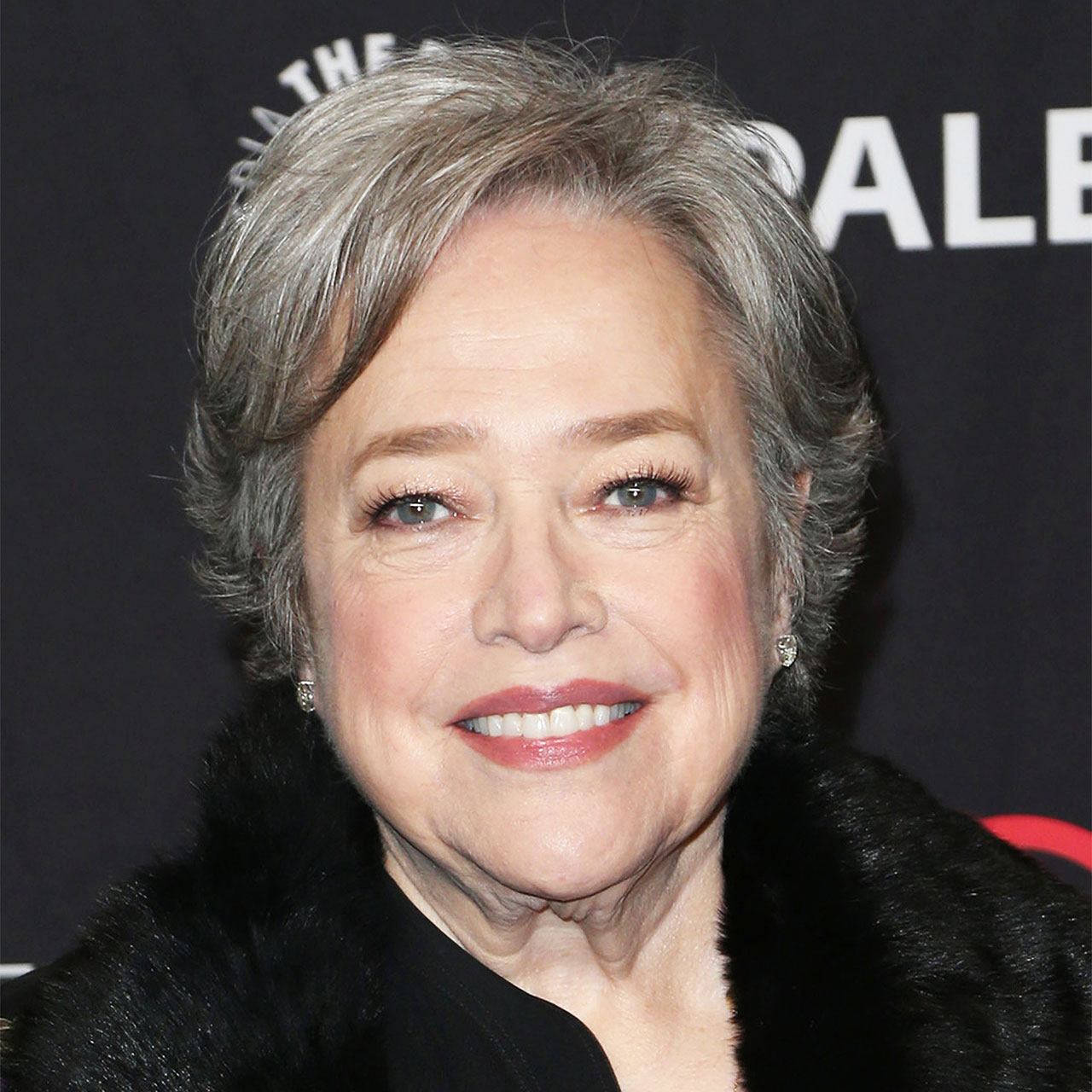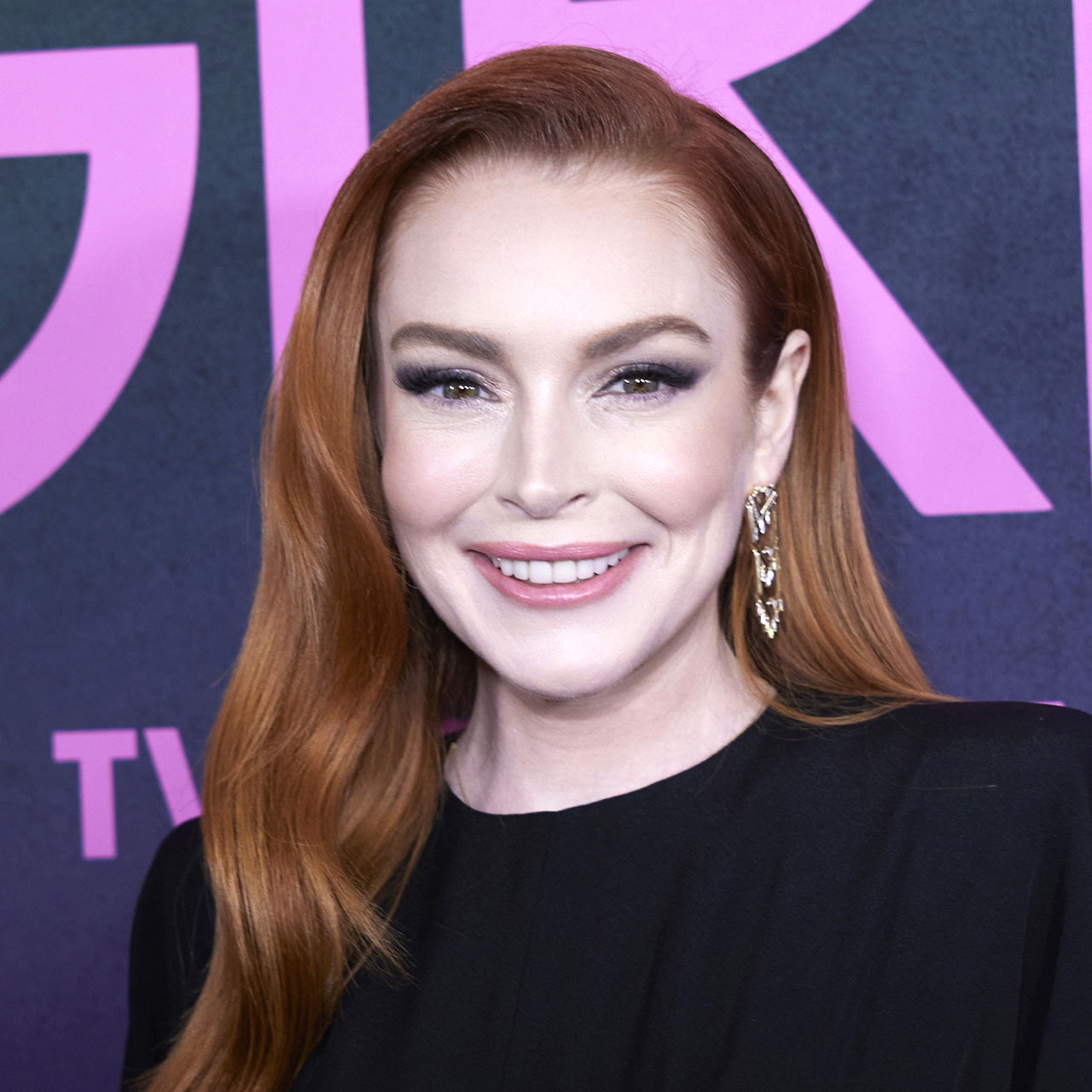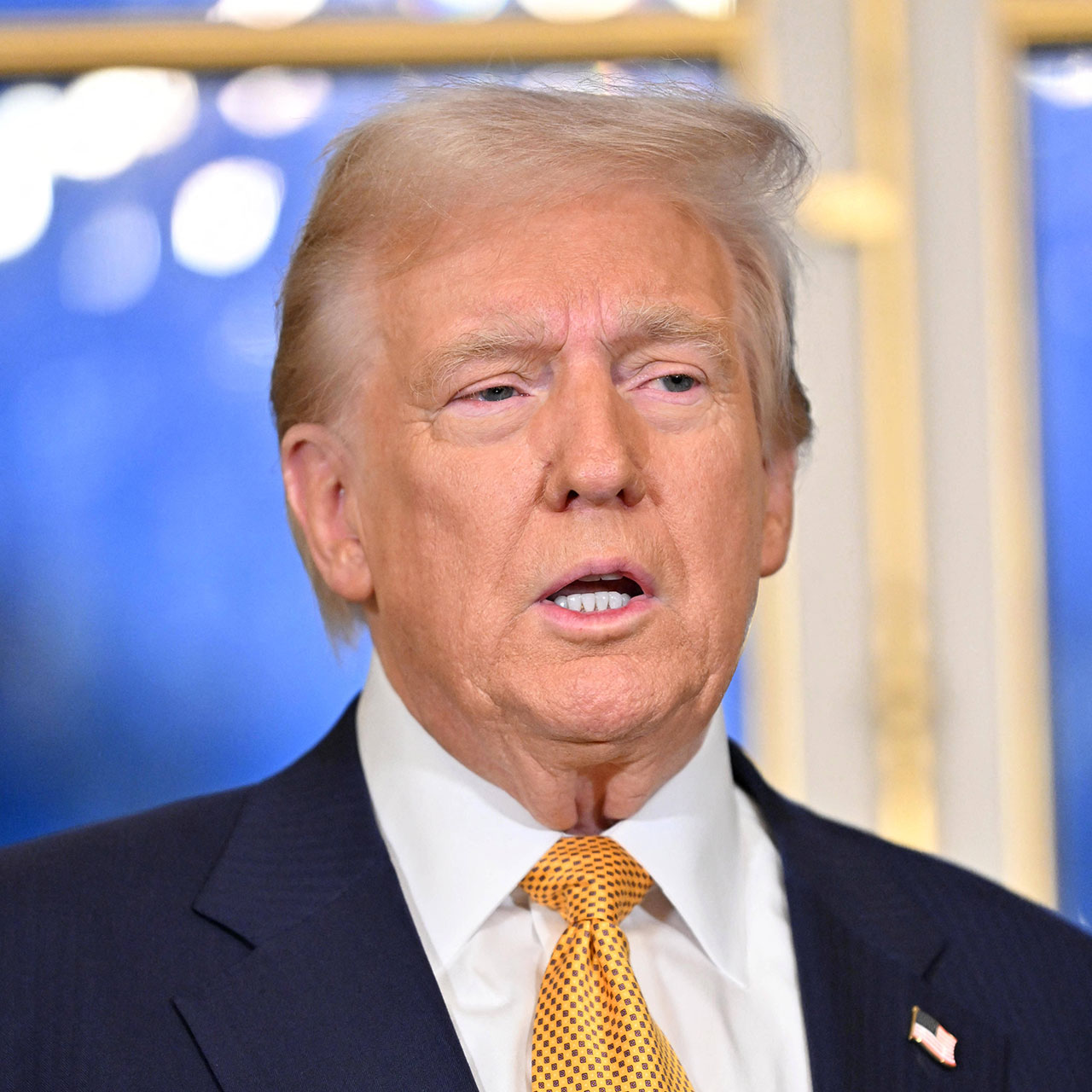This is an archived article and the information in the story may be outdated. Please check the time stamp on the story to see when it was updated last.
Taylor Swift spent much of the last year battling to get the rights to her music catalogue back under her control, but the 32-year-old songstress is now being faced with a copyright lawsuit after allegations were raised of copyright infringement on her hit song ‘Shake It Off.’ Last Thursday, a judge ruled that while there were differences between Swift’s song and the 3W song ‘Playas Gon Play,’ there were “enough” similarities for a trial to proceed.
View this post on Instagram
The accusation that Swift stole lyrics from ‘Playas Gon Play’ based on the use of the words “playas” and “haters” was initially made back in 2017, and the judge recently ruled that it will be taken to court due to possible copyright infringement from the 2001 hit song. Swift’s team requested that the case be thrown out, but the judge ruled that there may be “some noticeable differences” but there were also “enough objective similarities” for the case to proceed.
While it’s likely the case will eventually rule in Swift’s favor, she and her team must still face the court and present an argument as to the originality of her song ‘Shake It Off.’ The judge also stated that Swift’s team would likely offer “a strong closing argument” against the claims of copyright infringement, but she would still have to face the court nonetheless.
View this post on Instagram
The case that Sean Hall and Nathan Butler, the songwriters who levelled the allegations against Swift, made back in 2017 have been openly downplayed by the judge, and in 2018 the lawsuit was dismissed as their original lyrics were apparently “short phrases that lack the modicum of originality and creativity required for copyright protection.”
However, while this was an initial win for Swift, a federal appeals court reversed the ruling in 2019, opening the case again. Once again, Swift’s team had requested for the case to be dismissed, but this time the judge stated, “Although Defendants’ experts strongly refute the implication that there are substantial similarities, the Court is not inclined to overly credit their opinions here.” The trial is tentatively set to begin in August 2022 but is subject to change.


























